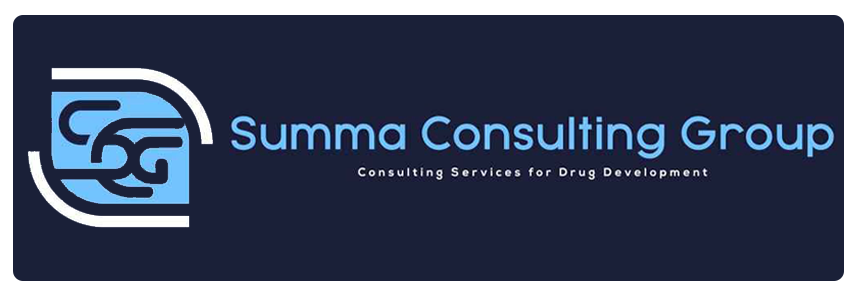“Effective Project Management Remains a Cornerstone of Successful Drug Development”
Project management is a crucial aspect of the pharmaceutical industry, where developing novel drugs and therapies is a complex and highly regulated process. Effective project management can significantly impact a pharmaceutical company's ability to bring new treatments to market successfully. Here are some key considerations related to project management in the pharmaceutical industry: The success rate of a drug candidate, from the beginning of the clinical trial to receiving marketing approval, is about 10%–20%.
Improvement and Efficiency: Continuous improvement is vital in pharmaceutical project management. Companies aim to streamline processes, reduce waste, and optimize resource allocation to enhance efficiency and reduce costs. For instance, pharmaceutical companies are increasingly using automation technologies to streamline production processes, such as robotic process automation (RPA).
Cross-functional Collaboration: Successful pharmaceutical projects involve various cross-functional teams, including researchers, clinicians, regulatory experts, and manufacturing specialists. Effective collaboration and communication among these teams is critical to meeting project goals.
Communication: Clear and frequent communication is essential for keeping all stakeholders informed and aligned. This includes regular updates on project progress, milestones, and challenges.
Time Management: Given the time-sensitive nature of drug development, effective time management is crucial. For example, setting realistic goals and deadlines, breaking down complex tasks into smaller, manageable tasks, and tracking progress against those goals are all key components of successful time management. Project managers must ensure that timelines are followed, and delays are minimized to bring treatments to patients as quickly as possible. In a survey, 51% of biotech organizations said that their clinical development timelines are longer now than they were two years ago.
Milestones and Milestone Tracking: Pharmaceutical projects often have critical milestones, such as completing preclinical studies, initiating clinical trials, and gaining regulatory approvals. Tracking these milestones and adjusting the project plan as needed is essential.
Working Together: Collaboration and teamwork are fundamental. Project managers must foster a culture of cooperation and mutual support among team members to ensure everyone works toward the same objectives.
Celebrating Wins: Recognizing and celebrating project milestones and successes can boost team morale and motivation. It also reinforces the importance of the project's goals. Celebrating successes also helps to create a sense of unity and camaraderie among the team members, leading to increased job satisfaction and dedication.
Support During Challenges: Challenges are inevitable in drug development, whether they involve unexpected clinical results, regulatory setbacks, or manufacturing issues. Project managers must provide support, resources, and solutions to address these challenges and keep the project on track.
Regulatory Compliance: Compliance with regulatory requirements and quality standards is paramount in pharmaceutical project management. To ensure that the project meets all regulatory requirements and quality standards, project managers must dedicate resources and support to ensuring a successful outcome. Ent. Ensuring all processes adhere to Good Manufacturing Practices (GMP) and other relevant guidelines is essential.
Risk Management: Identifying and mitigating risks is an ongoing process in pharmaceutical project management. Project managers must assess potential risks and develop contingency plans to minimize their impact on the project.
Resource Allocation: Efficiently allocating resources, including budget, personnel, and equipment, is critical for staying within project constraints and meeting objectives. The 5 most common resource management mistakes are: 1
. Selecting and Assigning Resources Incorrectly.
2. Planning with 100% Capacity.
3. Disregarding Project Dependencies.
4. Micro-Managing.
5. Leaving Project Teams in the Dark.
Adaptive Project Management: Flexibility is key, as pharmaceutical projects can face unexpected changes, such as alterations in study design or regulatory requirements. Project managers should be prepared to adapt the project plan as needed.
In summary, project management in the pharmaceutical industry is a multifaceted and dynamic discipline that requires technical expertise, effective communication, and strategic planning. Successful project managers in this field are crucial to advancing drug development, improving patient outcomes, and ensuring compliance with regulatory standards. Managing a drug development project is like building a house - it requires a strong foundation, careful planning, and steady progress to ensure a successful outcome.

